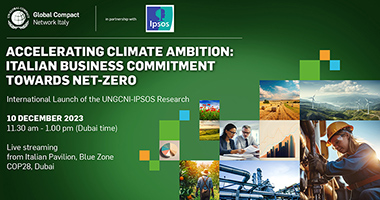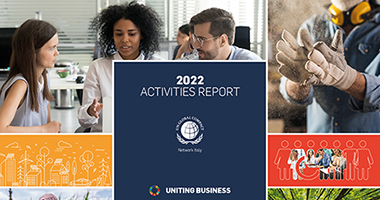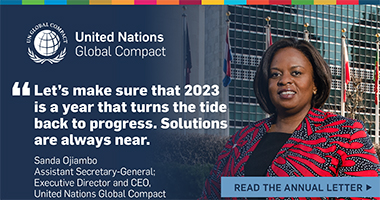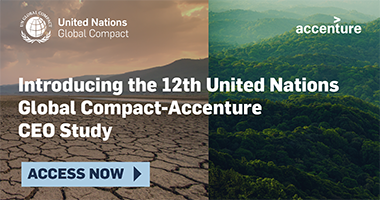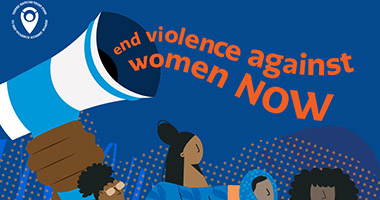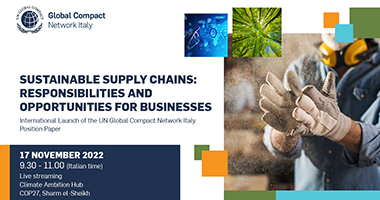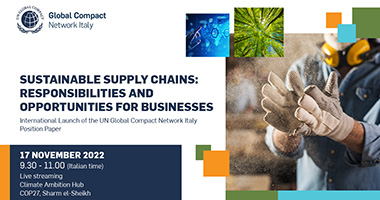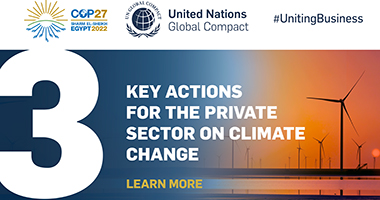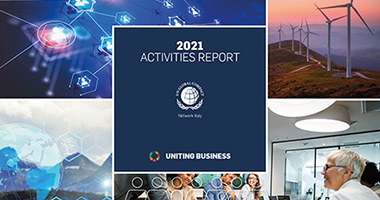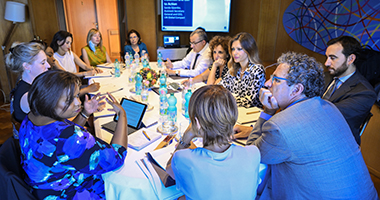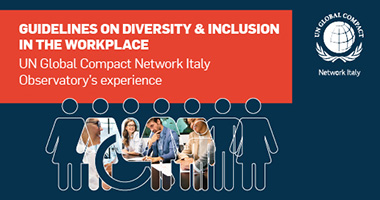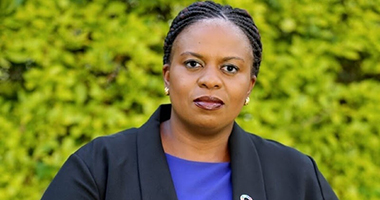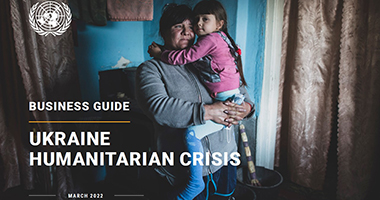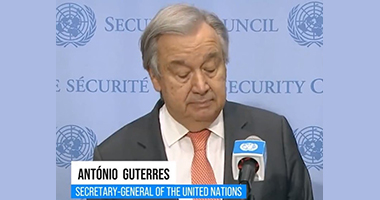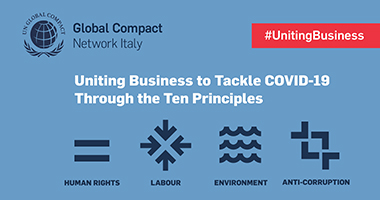Dear Participants of the UN Global Compact,
With 2023 underway, there’s no doubt we live in a fragile, fractured world. The war in Ukraine, energy and food crises, climate change, extreme weather, threats to democracy, the ongoing pandemic and many other headwinds like inflation, currency fluctuation and looming recession undermine our efforts for a sustainable world.
These are global challenges we must rally behind addressing. Let’s make sure that 2023 is a year that turns the tide back to progress. Solutions are always near. We have a number of important opportunities in front of us that can contribute to a more sustainable and inclusive world.
With the world facing extraordinary crises, the UN Global Compact and its 62 Local Networks are supporting companies to take measurable, accountable actions for a sustainable world. It’s the right thing to do and good for business.
Read more …




